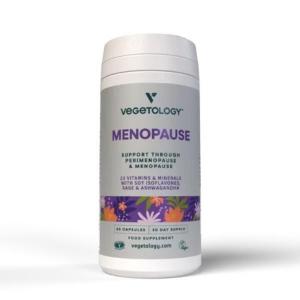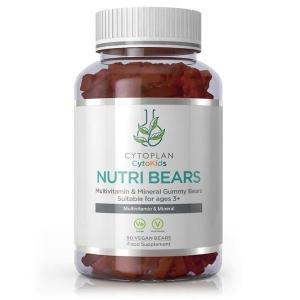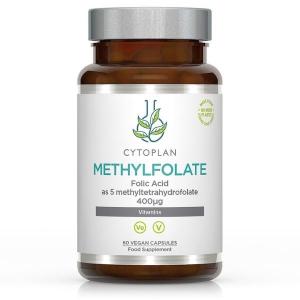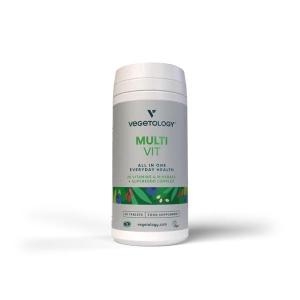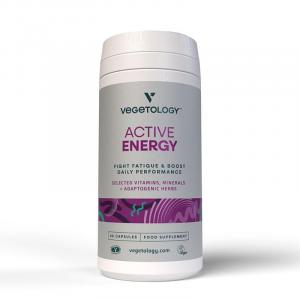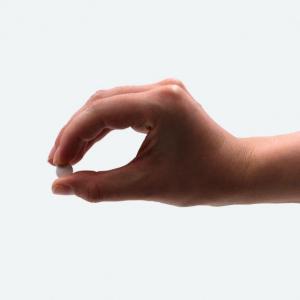
How to Properly Use Nettle Seeds for Your Health
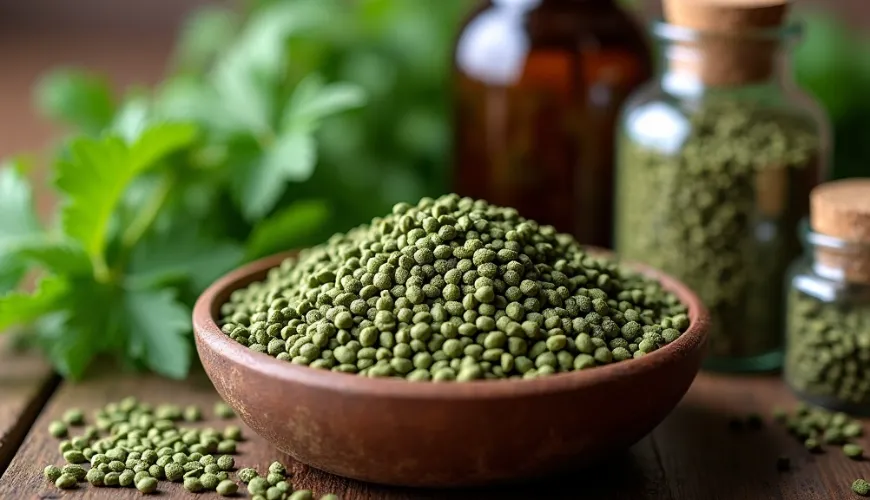
The Hidden Power of Nettle Seeds - A Natural Treasure Worth Noticing
In nature, there are few plants as often overlooked yet so beneficial as the stinging nettle. While most people know it as an unpleasant weed that stings the skin, those in the know understand that nettle is literally a natural pharmacy. In recent years, attention has shifted not only to its leaves and roots but especially to nettle seeds, which harbor numerous valuable substances for human health. Why should nettle seeds not be missing from your kitchen or home pharmacy?
Small Seeds, Big Impact
Nettle seeds, often referred to as a "superfood from the garden," are small, inconspicuous, and unassuming at first glance. Yet, they are packed with nutrients. They contain a high amount of protein, unsaturated fatty acids, chlorophyll, vitamins A, C, E, and B group vitamins. They are also rich in minerals—particularly iron, magnesium, calcium, and potassium.
Try our natural products
What is particularly interesting about nettle seeds is their detoxifying and regenerative effect on the body. People who use them regularly often describe increased vitality, better hair and nail quality, improved digestion, and overall strengthened immunity. According to some herbal traditions, they also positively affect kidney and adrenal function, which is crucial in combating chronic stress or fatigue.
How to Properly Use Nettle Seeds
Using nettle seeds is simple and natural. You can add them to your morning smoothie, sprinkle them over yogurt, porridge, or salad. They have a slightly nutty taste that pairs well with many foods. Popular forms of use also include drying and grinding the seeds into a powder, which can then be easily incorporated into baked goods or homemade muesli bars.
The recommended daily dose ranges from 1–2 teaspoons a day. However, it's important to start with a smaller amount and gradually increase the dose to allow the body to adjust to the new source of nutrients.
A practical example is the experience of Mrs. Ludmila from Vysočina, who began adding nettle seeds to her morning yogurt during recovery from a long illness: "I didn't expect miracles, but after a few weeks, I felt more energy, and my hair stopped falling out. Since then, I've always had them at home."
Traditional and Modern Views on the Effects
In folk medicine, the effects of nettle seeds have been valued for centuries. Even in the Middle Ages, they were considered a remedy for restoring life force and supporting male potency. Today, modern research shows that they also contain phytohormones, which can affect hormonal balance in both men and women.
According to experts from the State Health Institute, nettle seeds also have mild diuretic effects, which help in the excretion of harmful substances from the body. Combined with a high content of antioxidants, they support the detoxification process and contribute to protecting cells from oxidative stress.
A significant benefit is also the support of liver function. The liver, as the main detoxifying organ of the body, can benefit from the substances contained in nettle seeds, which stimulate bile production and facilitate fat digestion.
The Difference Between Medicinal and Ornamental Nettle Seeds
When searching for information about nettle seeds, you may also encounter the term ornamental nettle seeds. Here, it's important to differentiate. Ornamental nettle, also known as coleus (Coleus blumei), belongs to a different botanical family than stinging nettle and is not intended for internal use. It is cultivated solely for its decorative appearance—colorful leaves resembling exotic ornaments.
Seeds from ornamental nettle are thus used only for sowing and growing this beautiful houseplant. In contrast, stinging nettle seeds are intended as a dietary supplement and have medicinal properties. When buying, it is important to choose carefully and ensure that they are indeed medicinal nettle seeds with a verified origin.
Harvesting, Storing, and Availability
Nettle seeds are harvested at the end of summer when they begin to ripen. Whole clusters are collected and left to dry in a shady, dry place. After drying, the seeds are threshed and stored in a closed container, preferably in the dark and cool. Properly stored, they retain their nutritional value for several months.
Those who do not have a suitable place for harvesting can buy nettle seeds in dried or ground form in organic stores or specialized e-shops like Ferwer, which focuses on ecological and healthy lifestyles. The advantage is the guarantee of quality and origin, which is crucial for natural products.
When to Avoid Nettle Seeds
Although nettle seeds are generally well-tolerated, their use is not suitable for everyone. People with blood clotting disorders, low blood pressure, or chronic kidney disease should consult a doctor. Similarly, pregnant and breastfeeding women should be cautious. Even though it is a natural remedy, its strength must be respected.
It is also important not to exceed the recommended daily amount. Excessive use can lead to irritation of the digestive tract or unwanted diuretic effects.
Where Tradition Comes Alive – A Return to Nature
In an era of growing interest in natural medicine, permaculture, and self-sufficiency, nettle seeds are becoming a popular means of maintaining health once again. They are simple to use, accessible, and full of natural power that nature offers us without chemicals and industrial interventions.
"Everything we need for health grows beneath our feet," wrote the ancient Greek physician Hippocrates. And nettle, especially its seeds, perfectly embodies this idea.
Whether you add them to baked goods, salad, or simply sprinkle them into yogurt, you are taking a step towards a healthier and more conscious life. At a time when more and more people are asking how to live more sustainably and in harmony with themselves, this green treasure could be one of the subtle yet significant steps in the right direction.
